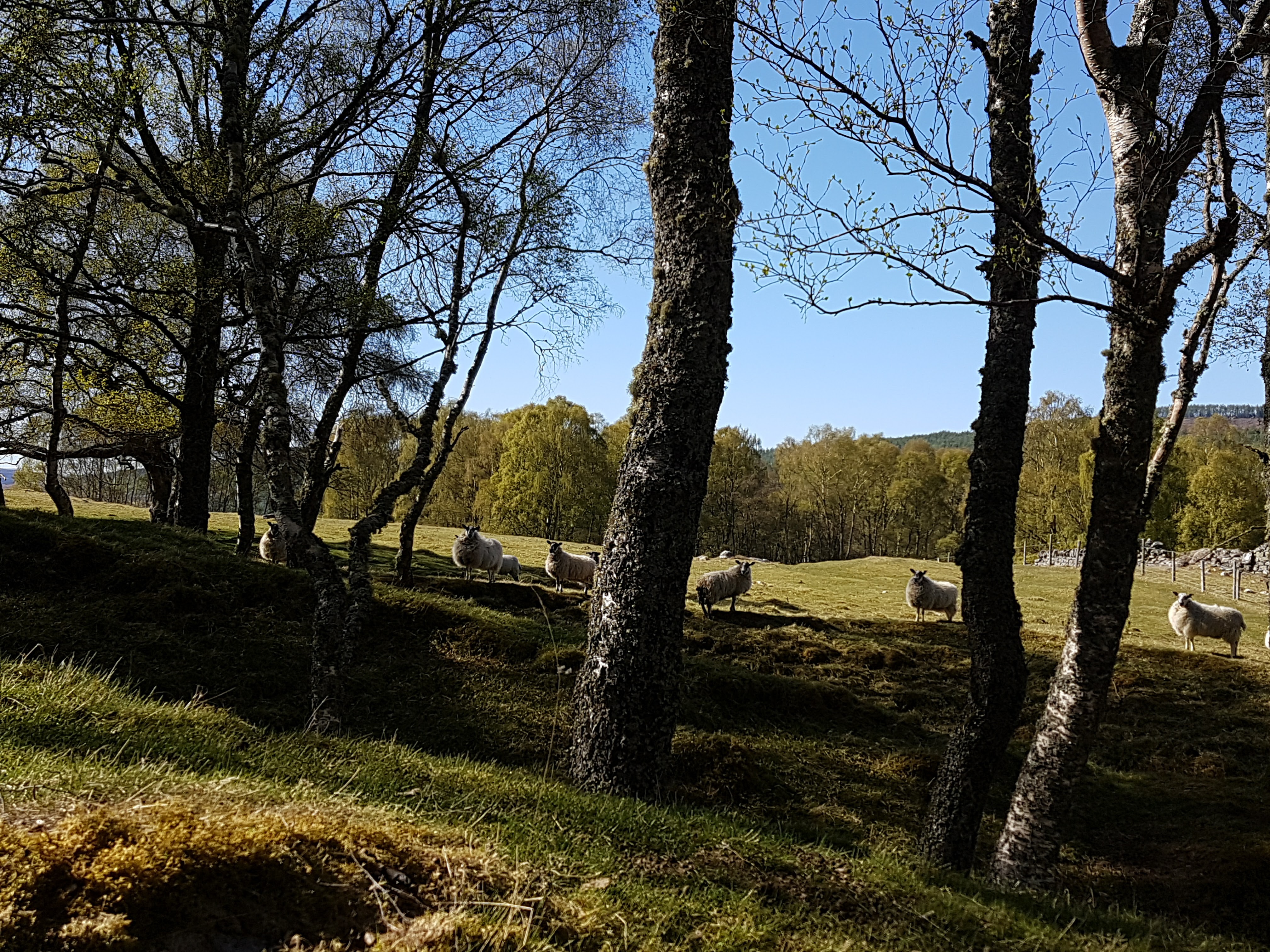Hannah Ritchie, Head of Research at Our World in Data, recently published a paper entitled, ‘Eating local is still not a good way to reduce the carbon footprint of your diet’. It’s guaranteed to upset farmers. The problem is, she’s right.
Food miles form a tiny proportion of the carbon footprint of food, and meat has a considerably higher land and carbon footprint than vegetables. As consumers, rather than focusing on choosing local food, we should be focusing on eating meat one or two fewer days per week.
As consumers – yes. But what about producers? Does this mean we should give up producing food, because it has no discernible carbon benefit, and instead manage our land for biodiversity? Not in the least. If we reduce food production locally, that represents land which must be found to produce food elsewhere in the world, so nothing is gained. In the carbon jargon, this is called ‘leakage’..
If we can use our local land to increase food production in ways that also capture carbon and enhance biodiversity, that’s a win-win for the world, whether the food is eaten locally or sold further afield to bring income into the local economy.
So let’s stop confusing production and consumption. As farmers, let’s put our arguments in favour of more food growing on a sound evidential footing, using the science-based carbon calculator tools available. As local communities, let’s support development of the best multi-purpose land uses, employing the full range of traditional, innovative, techy and ecological means available for provisioning, carbon, biodiversity, and other ecosystem services. That might be better grazing management and hedgerows, agroforestry that actually works, community horticulture projects, multi-functional forestry, or vertical farming.
That support may or may not involve actually eating the food, but it certainly involves building effective supply chains that start locally, and developing the local knowledge and support for the work producers are doing.
And as consumers – perhaps we should pay more attention to the carbon footprint of luxuries than essentials? If we eat less meat, we still need to eat something else to stay healthy. But if we reduce our alcohol intake, eat less sugar, walk or cycle on short journeys, and buy less, we get healthier and wealthier while also substantially reducing our land and carbon footprint. Surely those are better new year resolutions.
- Natural Capital: Galbraith’s expert advisers guide our clients in realising value in all land uses – by assessing and measuring natural assets, furthering opportunities in biodiversity net gain, and ensuring stakeholders are rewarded fully for their investment in and contribution to delivering ecosystem services and net-zero outcomes.

